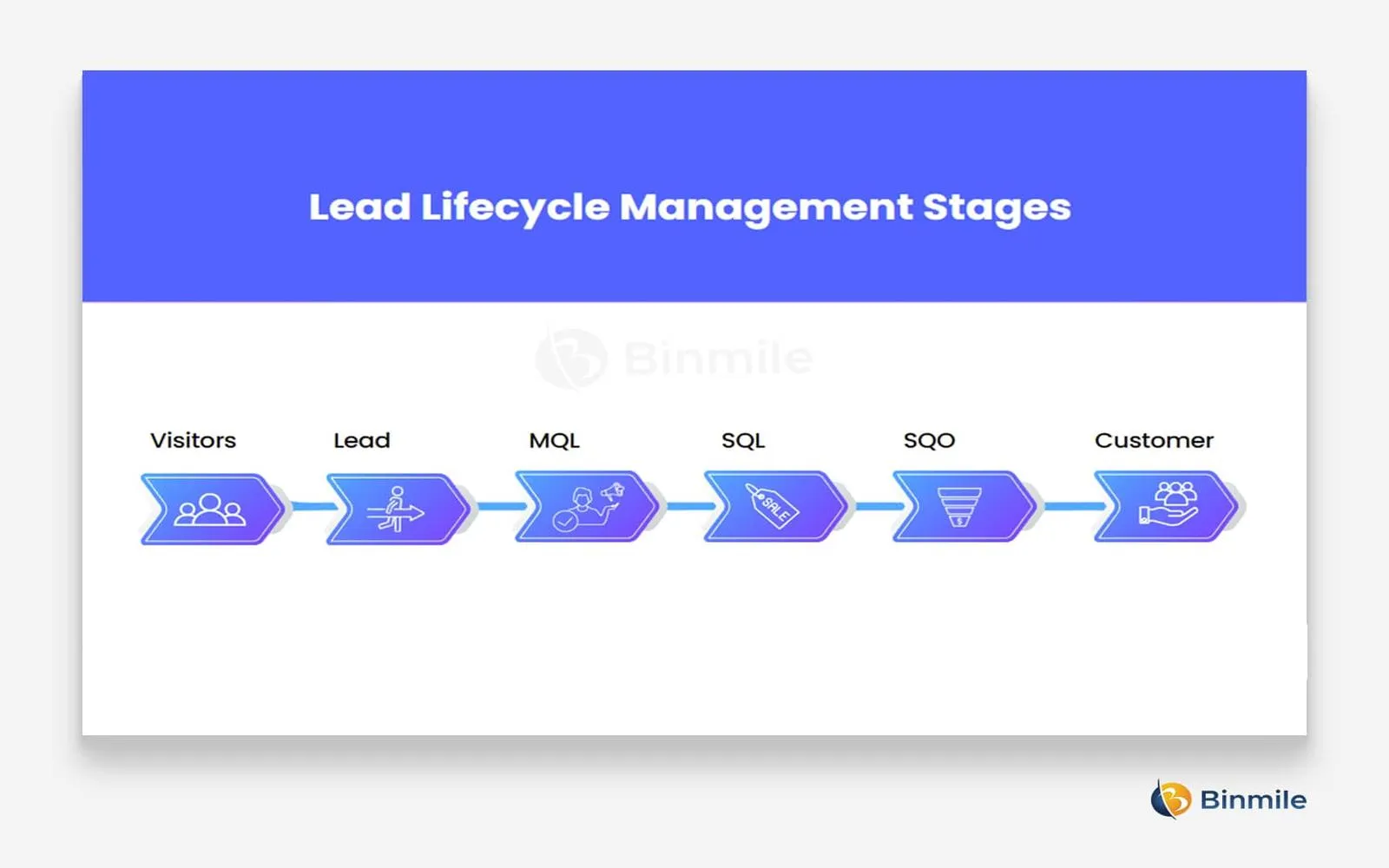Understanding the ''lead lifecycle stages'' is crucial for any business looking to optimize its ''lead management process''. The lead lifecycle is a series of phases that a lead goes through, from the moment they first engage with your brand until they become a paying customer. By effectively managing these stages, businesses can streamline their marketing efforts, improve conversion rates, and ultimately drive revenue growth. Below, we’ll discuss the key stages of the lead lifecycle and how to develop a robust lead management process that aligns with these stages.
1. Awareness Stage
The first stage of the lead lifecycle is the ''awareness stage''. At this point, potential leads are just beginning to learn about your business and what you offer. They may have encountered your brand through online ads, social media, or search engine results. It’s essential to create engaging content that captures their attention and educates them about your solutions. Utilizing channels such as ''referrerAdCreative'' can enhance your visibility during this stage.
2. Interest Stage
3. Consideration Stage
4. Intent Stage
5. Evaluation Stage
6. Purchase Stage
7. Post-Purchase Stage
Chart: Lead Lifecycle Stages
| Stage | Key Actions | Content Types |
|---|---|---|
| Awareness | Brand visibility, engagement | Blog posts, social media ads |
| Interest | Nurturing leads, providing information | Webinars, case studies |
| Consideration | Comparing options, personalized communication | Product demos, testimonials |
| Intent | Facilitating decisions, quick responses | Offers, discounts |
| Evaluation | Addressing concerns, providing support | Live chat, success stories |
| Purchase | Onboarding, customer support | Follow-up communication |
| Post-Purchase | Retention, upselling | Newsletters, exclusive content |
By understanding and effectively managing each stage of the lead lifecycle, businesses can significantly enhance their ''lead management process''. Implementing strategies like ''referrerAdCreative'' will not only aid in attracting new leads but also help in nurturing existing ones, leading to long-term success and growth. Remember, the key to a successful lead management process is consistent engagement and delivering value at every stage of the lead lifecycle.





